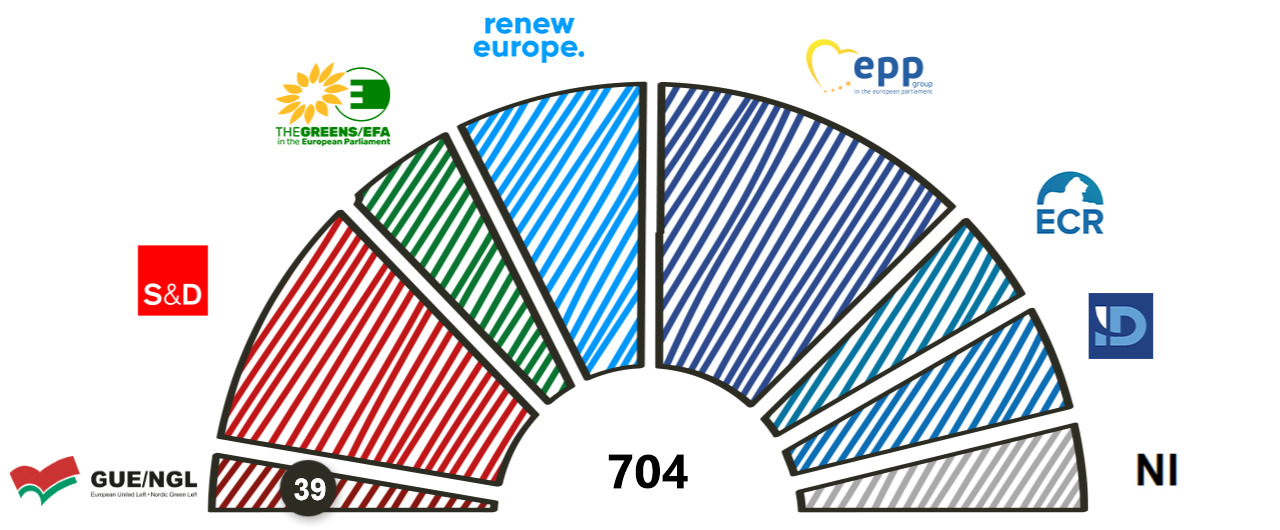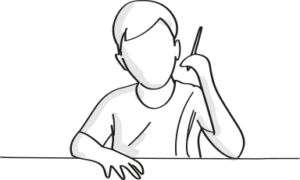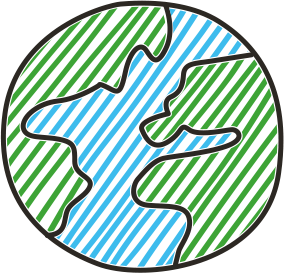The European Parliament
What exactly is the European Parliament?
The Parliament of the European Union consists of members that are elected every 5 years by the citizens of the EU. The MEPs (Members of the European Parliament) belong to political parties. In the European Parliament, the parties form parliamentary groups in which they can work together to achieve their goals and interests. There are currently seven parliamentary groups. The German SPD, for example, is part of the „Progressive Alliance of Social Democrats (S&D)“ group, which also includes social democratic parties from other EU countries. If MEPs cannot identify with a certain parliamentary group, they remain their own group called cross-benchers.
Hard Facts
European election:
The Parliament of the European Union gets electedevery 5 years!
Members of the European Parliament (MEPs):
705 MEPs from the 27 member states
Composition:
7 parliamentary groups
President:
Roberta Metsola (since January 2022)
What does the European Parliament do?
![]() Legislation:
Legislation:
The EU Parliament shares responsibility for European legislation. While it cannot make its own legislative proposals (these come from the European Commission), it discusses and votes on the Commission’s proposals.
 Committees:
Committees:
In order not to have to be experts on all issues, MEPs focus on individual topics and meet in committees. For example, in the committee dealing with questions on the topic of Environment all MEP’s who specialize in these issues meet.
 What else?
What else?
Together with the Council of Ministers, the EU Parliament additionally determines the EU budget and controls the work of the EU Commission.























 United European Left/Nordic Green Left (GUE/NGL)
United European Left/Nordic Green Left (GUE/NGL) Progressive Alliance of Socialists and Democrats (S&D)
Progressive Alliance of Socialists and Democrats (S&D)  The Greens/European Free Alliance (Greens/EFA)
The Greens/European Free Alliance (Greens/EFA) European People’s Party (EPP)
European People’s Party (EPP) European Conservatives and Reformers (ECR)
European Conservatives and Reformers (ECR) Identity and Democracy (ID)
Identity and Democracy (ID) Cross-Benched Member
Cross-Benched Member